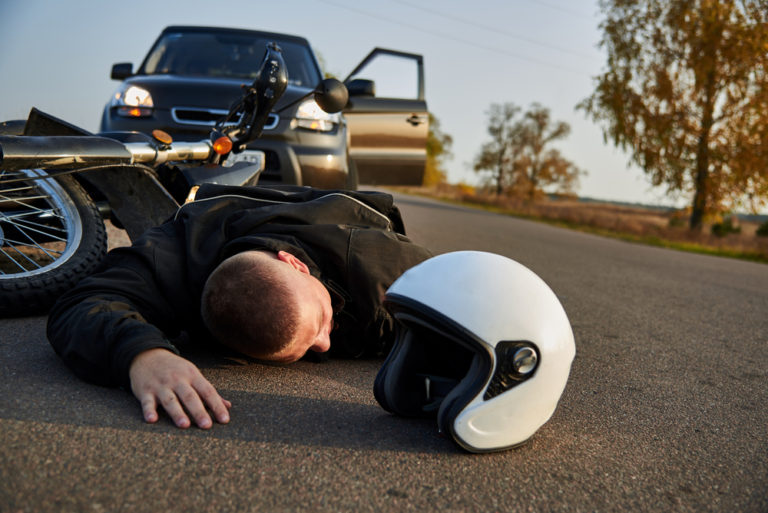Generally, the primary defense in a DUI involves creating a reasonable doubt as to the defendant’s intoxication. Generally, drivers are intoxicated if they have lost the normal use of their mental or physical faculties, or they have a BAC above the legal limit, which is usually .08. This approach could mean challenging the field sobriety test results, attacking the validity of a chemical sample, or both.
Frequently, however, other defenses are available as well. DUI prosecutions have a lot of moving parts. That’s especially true in DUI collision cases and a few other situations. If a Kona DUI lawyer can create reasonable doubt on one element of the offense, it’s easier to successfully resolve the case. That resolution could be a dismissal of charges, a plea to a lesser included offense, or a not guilty verdict at trial.
What is Reasonable Doubt?
Hawaii law defines reasonable doubt as a doubt based on reason and common sense. An appeals court in another state said this definition was essentially useless since it was like saying “A white horse is a horse that is white.”
Another way of looking at this definition is to approach it from the perspective of the presumption of innocence. Assume that NPR’s version of a political story is presumably true. To overcome this presumption, the Fox News version must be so convincing that you disregard the NPR story. Additionally, the NPR story must be free of obvious errors, so it stands on its own.
In other words, the state’s proof must be so overwhelming that the prosecutor’s version of events is the only reasonable narrative. Moreover, the state’s case must be almost completely airtight.
Kona DUI Lawyers and Some Non-Intoxication Defenses
Alcohol or drug intoxication is only one element of a DUI case. Sometimes, it’s the only issue. But that’s normally not the case.
1. Driving the Car
As mentioned, this element is often an issue in collision cases. Normally, the state must produce a witness who saw the defendant behind the wheel at or near the time of the collision. If the defendant told officers or witnesses s/he was driving, a Kona DUI lawyer might be able to exclude that statement.
The “reasonable doubt” angle comes into play here. If Sarah was the vehicle’s only occupant, it’s reasonable to assume she was driving, even if there was no direct evidence on this point. If both Sarah and Michael were in the vehicle, the Sarah-was-driving assumption is a little shaky.
On another note, “driving” in this context has a different meaning. Let’s return to the previous example and change the facts. Now assume Sarah was dozing behind the wheel when officers arrived. Even though she was not driving the car in the ordinary sense of the word, she was legally operating it. Therefore, DUI charges could be held up in court.
That’s assuming the keys were in the ignition and the car was fully drivable. If the keys were in Sarah’s purse and/or the car had mechanical problems, the state’s case is weaker. If Sarah didn’t have the keys and/or the car was not drivable at all, a Kona DUI lawyer could probably get the charges dismissed.
2. Public Place
Hawaii has many mini-malls, apartment complexes, large shopping malls, and private roads or waterways. These locations are never public places, even if they have street names and traffic control devices.
Sarah’s example could come up as well. If Sarah was in her driveway, she was not in a public place. If Sarah’s car was parked on the street next to her driveway, that’s a gray area.
3. Wrong County
This issue does not come up in very many DUI cases, but it could affect a BUI (boating under the influence) prosecution. The DUI law applies to boats, motorcycles, scooters, helicopters, and any other motor vehicles. It usually also applies to horses, bicycles, and other non-motorized vehicles.
Local prosecutors only have jurisdiction in their own counties. When boats are between the islands, at some point, they cross the line between different counties. The state has the burden of proof to show that the offense occurred in Hawaii County or wherever.
If the charges are filed in the wrong county, a Kona DUI lawyer can quash the case. That means the state’s lawyers can refile it in the correct county. However, instead of going through all that, many prosecutors agree to favorable plea deals.
Highly Intoxicated Kona DUI Attorneys Defense
The Hawaii legislature has passed a law creating a more serious DUI charge called highly intoxicated DUI. This offense comes with higher penalties: a minimum of two-days jail and six- to 18 months license revocation for first-time convictions (within the previous 10 years). Repeat convictions result in a minimum of ten-days jail time and license revocations from 12- to 36 months.
To prove highly intoxicated DUI, the state must convince the court or jury that the defendant’s blood alcohol content (BAC) exceeded one of these levels:
- .15 grams of alcohol per 100 milliliters of blood
- .15 grams of alcohol per 210 liters of breath
Because the state must prove a specific BAC, your lawyer may be able to contest the highly intoxicated classification. Testing devices have margins of error and fallibility. If your BAC tested close to the highly intoxicated limit, your case may have been inaccurately classified because of faulty testing.
Call Today To Speak With One Of Our Kona DUI Attorneys
DUI cases are common, and so are some of the most effective defenses used to fight the charges. Creating reasonable doubt and presenting non-intoxication defenses are a few of these. The bottom line is, regardless of the facts, almost all criminal cases are defensible in some way. Many times, prosecutors agree to favorable plea deals. Call Olson & Sons, L.C. at 808-331-3113 for a consultation with an experienced Kona DUI lawyer. We routinely handle matters in Hawaii County and nearby jurisdiction.




